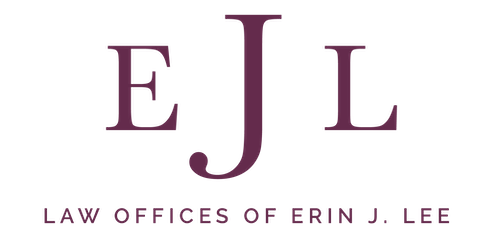2016 has been a normal, tumultuous year in immigration law – with certain new developments benefiting potential immigrants, and some that did not. More recently, the election of a new president has caused much emotional unrest within the immigration community. Many are filled with more anxiety and confusion than they have ever felt before. Although the future is uncertain, our past is not, and there have been some changes in 2016 that are worth reviewing.
First, as of June 8, 2016, USCIS implemented a new parole program for Filipino World War II Veterans. The parole program allows family members of certain Filipino WWII veterans, who have approved family-based visa petitions, to receive parole to come to the U.S. while they wait for their visa to become available. As you may know, a visa can sometimes take more than 20 years to become available for Filipino family members, so this is great news for those family members, their spouse and children. It is important to note that the parole is discretionary, and granted only on a case-by-case basis. Further, Customs and Border Patrol will also review such cases and determine whether to parole the individual.
Another notable change in 2016 was the update on the provisional waiver policy. The original provisional waiver allowed only immediate relatives of U.S. citizens to apply for the unlawful presence waiver in the U.S. prior to leaving the U.S. to obtain their immigrant visas. The applicant must not be inadmissible for any other reason, such as for misrepresentation or criminal grounds. Now, all individuals that are eligible for an unlawful presence waiver are eligible for the provisional waiver process. In other words, spouses and children of U.S. citizens and Lawful Permanent Residents (LPR) are all eligible – not just immediate relatives of U.S. citizens, such as spouses and children under the age of 21.
Of course, 2016 was not full of only good news. In July of 2016, the U.S. Supreme Court issued their final decision on the Deferred Action for Parents of Americans program, opining that the lower court was correct in deciding that it was unconstitutional. Further, USCIS announced that on December 23, 2016, USCIS application fees will be increasing. 2016 is ending with a certain sense of urgency to file for immigration benefits, if you qualify, while you can. Make it a resolution for 2017 to speak to an attorney about your rights, if you have not already.


